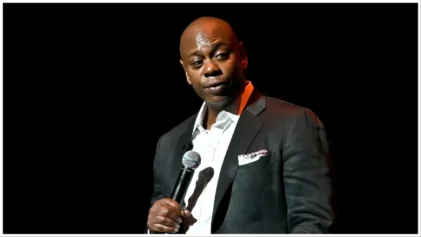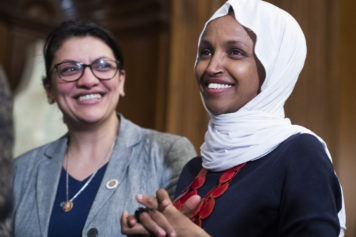In a stinging rebuke of the U.S., an overwhelming majority of the United Nations members voted to make Palestine an “observer” state in the U.N., a huge victory for the Palestinian people that further isolates the U.S. and Israel from the rest of the world.
The vote by the 193-nation U.N. General Assembly symbolically was held on the 65th anniversary of the U.N. resolution 181 vote that created the state of Israel in the wake of World War II.
In the West Bank and the Gaza Strip, which together have a population of 4.3 million, thousands of Palestinians took to the streets, waving flags and setting off celebratory fireworks.
The vote total was 138 to 9, with 41 abstentions, officially recognizing Palestine as a “non-member observer state,” a status that is not quite total statehood but that gives the Palestinians limited privileges as a state, including the right to join the International Criminal Court and other international treaty bodies.
The joining of the International Criminal Court, which would allow Palestine to file charges against Israel for war crimes, crimes against humanity and its illegal settlements on Palestinian lands, is the final line in the sand that the U.S. and Israel have drawn, with U.S. politicians in Washington issuing frantic threats about withdrawing U.S. cash. A group of four Republican and Democratic senators said they were sponsoring legislation that would close the Palestinian office in Washington unless the Palestinians enter “meaningful negotiations” with Israel, and would eliminate all U.S. assistance to the Palestinian Authority if it turns to the ICC.
“I fear the Palestinian Authority will now be able to use the United Nations as a political club against Israel,” said Republican Senator Lindsey Graham of South Carolina, one of the sponsors.
U.S. Secretary of State Hillary Clinton called the vote “unfortunate and counterproductive,” while the Vatican praised the vote and called for an internationally guaranteed special status for Jerusalem, something bound to irritate Israel.
Speaking before the vote, Palestinian Authority President Mahmoud Abbas tried to quell the concerns about what it all means for Israel, implying that the vote was about Palestine’s fate, not Israel.
“We did not come here to delegitimize a state established years ago, and that is Israel,” he said. “Rather we came to affirm the legitimacy of a state that must now achieve its independence, and that is Palestine.”
Israel was so threatened by Palestine’s attempt to upgrade its U.N. status that it considered “toppling” Palestinian leader Mahmoud Abbas if the Palestinian bid was approved, according to a position paper by Israel’s foreign ministry that was obtained by the BBC.
The position paper was intended exclusively for internal discussions and has not been endorsed by Foreign Minister Avigdor Lieberman, but Lieberman was quoted last week by Israeli Channel 10 TV as saying he would ensure that the Palestinian Authority “collapses” if its unilateral UN bid went ahead.
“The question is, where do we go from here and what does it mean?” Salam Fayyad, the Palestinian prime minister, who was in New York for the vote, said in an interview afterwards. “The sooner the tough rhetoric of this can subside and the more this is viewed as a logical consequence of many years of failure to move the process forward, the better.” He assured the U.S. that nothing would change without deep American involvement.
But Susan E. Rice, the embattled American ambassador to the United Nations, could not conceal her contempt for the U.N.’s move. “Today’s grand pronouncements will soon fade,” she said. “And the Palestinian people will wake up tomorrow and find that little about their lives has changed, save that the prospects of a durable peace have only receded.”
But Saeb Erekat, the chief Palestinian negotiator, said that after the vote “life will not be the same” because “Palestine will become a country under occupation.”
“The terms of reference for any negotiations become withdrawal,” Mr. Erekat said.
Abbas called the vote Palestine’s “birth certificate.”
“Sixty-five years ago on this day, the United Nations General Assembly adopted resolution 181, which partitioned the land of historic Palestine into two states and became the birth certificate for Israel,” Abbas told the assembly after receiving a standing ovation.
“The General Assembly is called upon today to issue a birth certificate of the reality of the State of Palestine,” he said.
As expected, Israeli Prime Minister Benjamin Netanyahu was full of aggressive denunciations, attacking Abbas’ language about Israel as “hostile and poisonous,” and full of “false propaganda.
“These are not the words of a man who wants peace,” Netanyahu said in a statement released by his office. He repeated calls for direct talks with the Palestinians, dismissing Thursday’s resolution as “meaningless.”
Britain’s U.N. ambassador, Mark Lyall Grant, told reporters it was time for recently re-elected U.S. President Barack Obama to make a new push for peace.
“We believe the window for the two-state solution is closing,” he said. “That is why we are encouraging the United States and other key international actors to grasp this opportunity and use the next 12 months as a way to really break through this impasse.”


